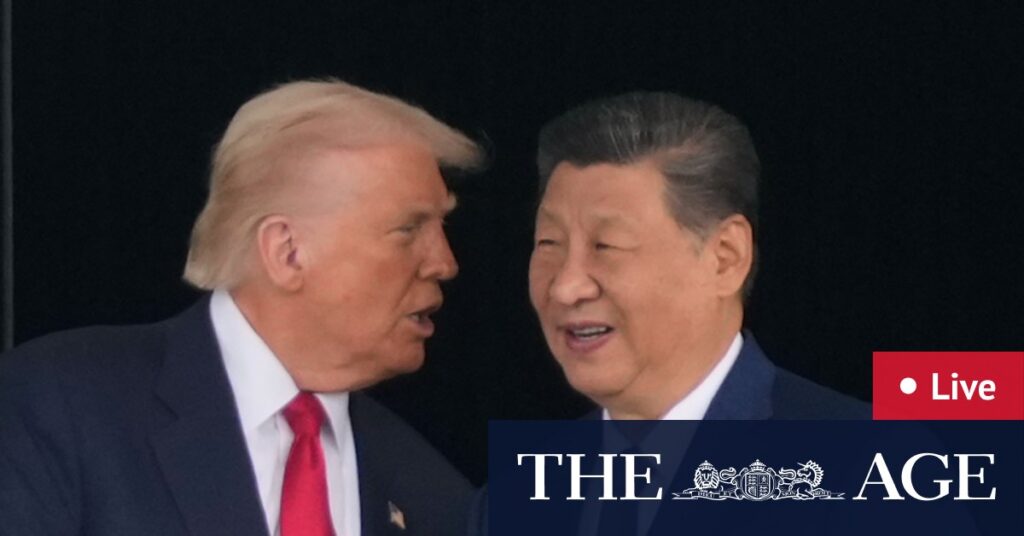
In a series of significant developments on October 31, 2025, the global stage witnessed a mix of royal upheavals, geopolitical maneuvers, and domestic policy debates. Prince Andrew is set to lose his princely title and vacate his royal residence following revelations about his connections with Jeffrey Epstein. Meanwhile, the militant Palestinian group Hamas has filed court documents urging Australia to remove its terror designation, coinciding with a ceasefire agreement with Israel. In Australia, opposition backbenchers are grappling with internal divisions over the country’s energy policies.
Prince Andrew’s Royal Title Revoked
The British royal family is undergoing a significant reshuffle as Prince Andrew is poised to lose his title and be evicted from the Royal Lodge. This decision follows the fallout from his association with convicted sex offender Jeffrey Epstein. The move underscores the royal family’s efforts to distance itself from scandals that have marred its public image.
Prince Andrew’s loss of title marks a historic moment, as it is rare for a member of the royal family to be stripped of such a status. The decision reflects ongoing public and institutional pressure to hold figures accountable, regardless of their stature.
Hamas Challenges Australia’s Terror Listing
In a surprising geopolitical development, Hamas has formally requested that the Australian government remove its designation as a terrorist organization. This request comes as Hamas and Israel’s Netanyahu government embark on a ceasefire agreement. The move is seen as part of a broader strategy by Hamas to gain international legitimacy and soften its image.
The Australian government has yet to respond to the court filing. The decision will likely involve complex diplomatic considerations, balancing international alliances and domestic security concerns.
Australia’s Energy Policy at a Crossroads
Domestically, Australia’s political landscape is witnessing a heated debate over energy policies. Liberal federal MPs emerged from a three-hour meeting broadly united on reducing emissions but divided on the commitment to a net-zero target by 2050. The meeting highlighted a lack of consensus within the opposition, with employment spokesman Tim Wilson stating,
“Nothing was agreed today. People just simply voiced their opinions and concerns.”
Prime Minister Anthony Albanese’s government continues to push for more ambitious climate policies. The internal divisions within the opposition could impact Australia’s ability to present a unified front on climate issues at international forums.
AGL’s Transition to Renewable Energy
In related news, Australian electricity giant AGL is preparing for job cuts as it shifts focus towards renewable energy. The company plans to retire its coal-fired power stations and invest in renewables and batteries. This transition is driven by pressure from climate-conscious shareholders and aligns with global trends towards sustainable energy.
An AGL spokesperson emphasized the company’s commitment to supporting affected employees during this transition, stating,
“We understand this may be a difficult time for our people and we’re committed to communicating with transparency and respect.”
International Developments
On the international front, former US President Donald Trump has called for the removal of the Senate’s filibuster rule amidst a prolonged government shutdown. The filibuster, requiring a 60-vote majority for most legislation, has been a contentious issue, with Trump advocating for its removal to expedite legislative processes.
In other news, Prime Minister Anthony Albanese had a brief, informal discussion with Chinese President Xi Jinping at the APEC summit in South Korea. While details of the conversation remain undisclosed, the meeting highlights ongoing diplomatic engagements between Australia and China.
These developments underscore the dynamic and multifaceted nature of current global and domestic issues, with implications that could shape future political and economic landscapes.





